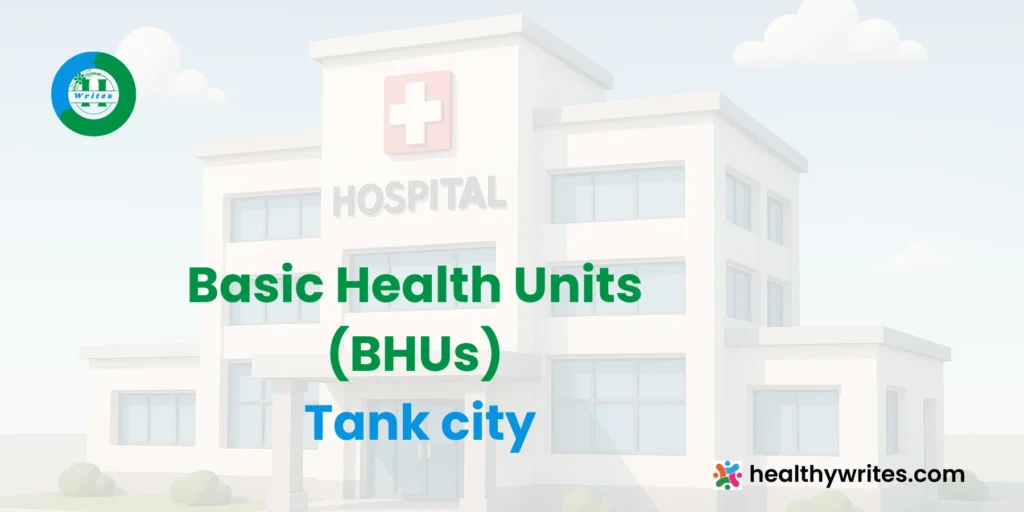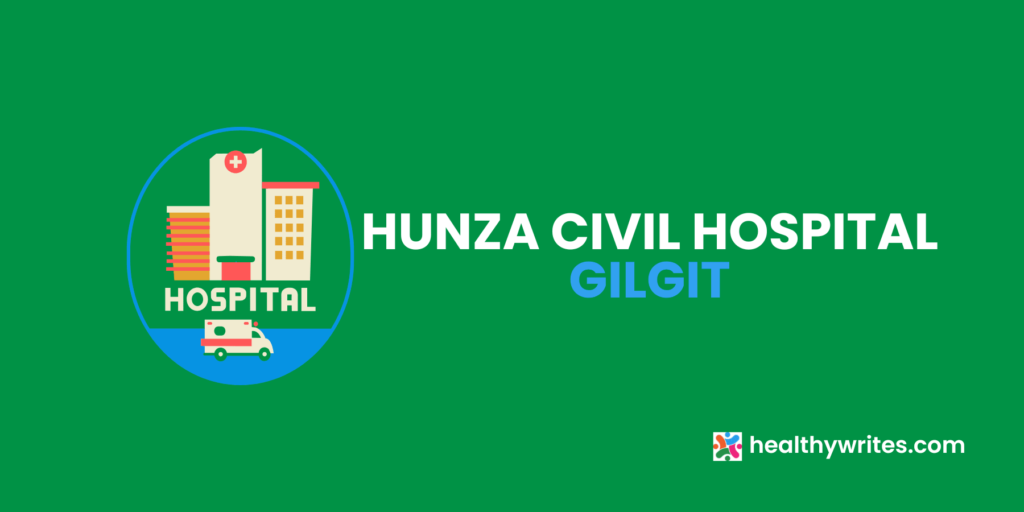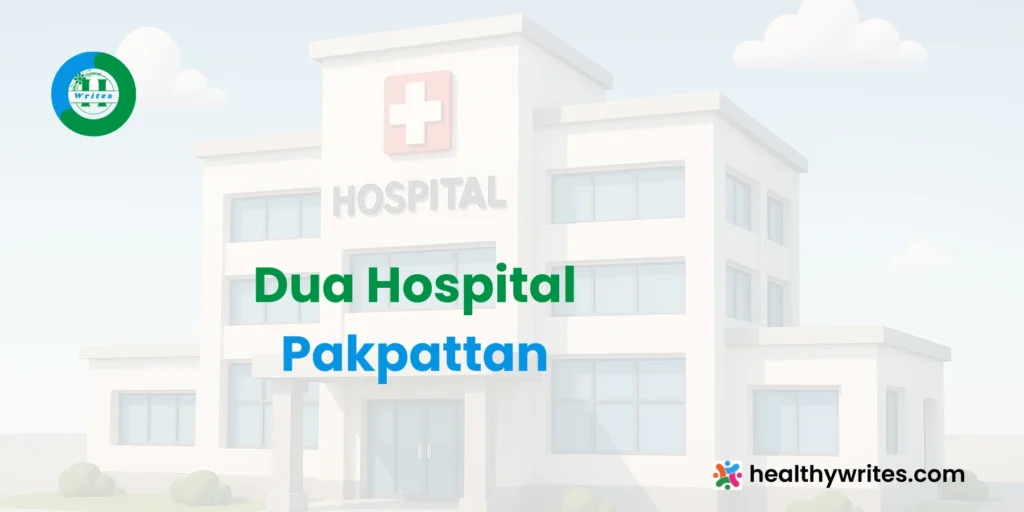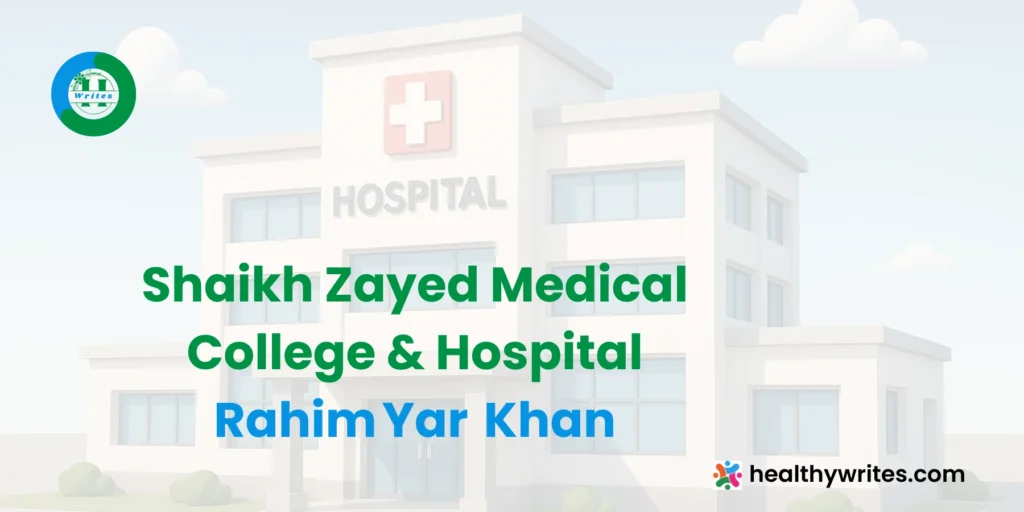Introduction
Basic Health Units (BHUs) serve as the first point of contact for primary healthcare in rural and semi-urban areas around Tank district. They provide essential medical services including outpatient consultations, maternal and child health, vaccination, minor treatment, and health education. BHUs are instrumental in improving public health and ensuring preventive care is accessible to local communities.
List of BHUs Around Tank
- BHU Dabara Tank
- BHU Raghzan Tank
- BHU Shahwal Tank
- BHU Sarai Naurang Tank
- BHU Mehrab Tank
- BHU Karor Tank
- BHU Dera Jat Tank
- BHU Lakki Tank
- BHU Garhi Wazir Tank
- BHU Kot Tank
Services Provided by BHUs
BHUs around Tank typically provide the following services:
- Primary medical care and outpatient services
- Maternal and child health care including antenatal and postnatal visits
- Vaccination and immunization programs for children
- Basic diagnostic tests and minor treatments
- Health education and awareness campaigns
- Referral services to higher-level hospitals when needed
Importance of BHUs
– They ensure that rural populations have access to basic healthcare without traveling long distances.
– Help in early detection and treatment of common illnesses.
– Support government health programs such as vaccination and maternal health initiatives.
– Reduce pressure on district and private hospitals by managing minor cases locally.
Patient Guidelines
– Bring your CNIC or any ID for registration.
– Pregnant women should visit regularly for antenatal care.
– Children must follow vaccination schedules.
– BHUs are meant for basic healthcare; serious conditions will be referred to larger hospitals.
Frequently Asked Questions (FAQs)
1. What is the purpose of a Basic Health Unit?
BHUs provide primary healthcare, preventive services, maternal and child care, and basic medical treatment to rural communities.
2. Are BHUs open every day?
Yes, most BHUs operate daily during standard working hours, though emergency care may be limited.
3. Do BHUs provide maternity services?
Yes, BHUs provide antenatal checkups, safe delivery advice, postnatal care, and child immunization programs.
4. Can children get vaccinated at BHUs?
Yes, vaccination and routine immunization programs are a primary service of BHUs.
5. Are medicines available at BHUs?
Basic essential medicines are available free or at nominal cost for patients visiting BHUs.
6. What happens if a patient needs advanced treatment?
Patients requiring advanced care or specialized treatment are referred to district hospitals or private hospitals in Tank city.
7. Who can visit a BHU?
BHUs serve all residents of the surrounding village or area and provide healthcare to people of all ages.
8. Are BHUs staffed with doctors?
Yes, BHUs usually have at least one medical officer, nursing staff, and support staff to manage daily operations.
9. Can BHUs handle emergencies?
BHUs can handle minor emergencies; severe emergencies are referred to higher-level hospitals with better facilities.
10. Why are BHUs important for rural communities?
BHUs reduce travel and treatment costs, provide preventive care, promote maternal and child health, and ensure early detection of diseases in rural populations.
Conclusion
BHUs around Tank play a vital role in improving public health by providing essential medical services at the community level. They ensure access to primary healthcare, maternal and child services, preventive care, and health education, making them a cornerstone of the district’s healthcare system.





